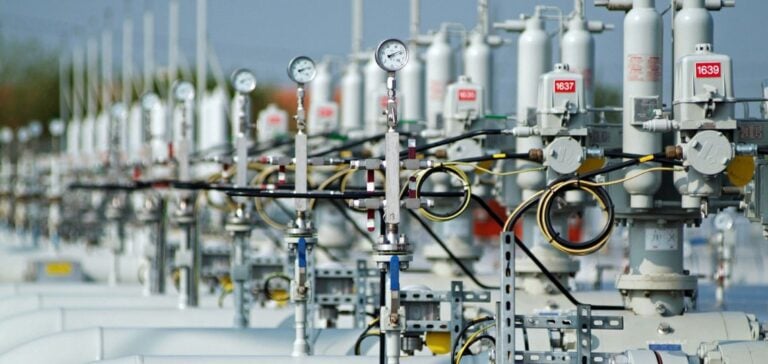The European Transmission System Operators Group, ENTSOG, in its annual summer outlook report, predicts that the EU could fill its gas reserves to 90% or even 100% this summer under all demand scenarios. This is made possible by the high level of stock replenishment at the start of the season, with reserves still at 59% of capacity at the end of March 2024.
Impact of reduced LNG imports and potential halt in Russian supplies
ENTSOG warned that reduced LNG imports this summer and a potential halt to remaining pipeline gas deliveries from Russia could make it difficult to reach 90% storage levels without demand-side measures. EU regulations require member states to fill their storage sites to 90% of capacity by November 1.
Storage flexibility and shortage scenarios
ENTSOG is also planning to increase storage flexibility this summer by using additional volumes at Ukrainian facilities. However, in the event of limited LNG availability-estimated at around 59 bcm over the summer-demand-side measures would be needed to reach the 90% target across Europe.
Preparing for winter 2024/25 and the risk of shortages
The report also offers an initial outlook for winter 2024/25, highlighting the importance of maintaining stocks at an adequate level until the end of winter. In the event of complete disruption of Russian pipeline gas supplies during the winter, additional measures may be required to save significant volumes of gas at the end of the season and avoid the risk of demand restrictions in the event of strong demand.
ENTSOG notes that the EU’s gas infrastructure, including new projects commissioned in the last year, could reduce dependence on Russian supplies through increased cooperation, enabling stocks to be replenished without Russian gas. Even in the event of total disruption of Russian supplies, cooperation between countries could enable effective injection during the summer of 2024 and prepare for the winter.






















